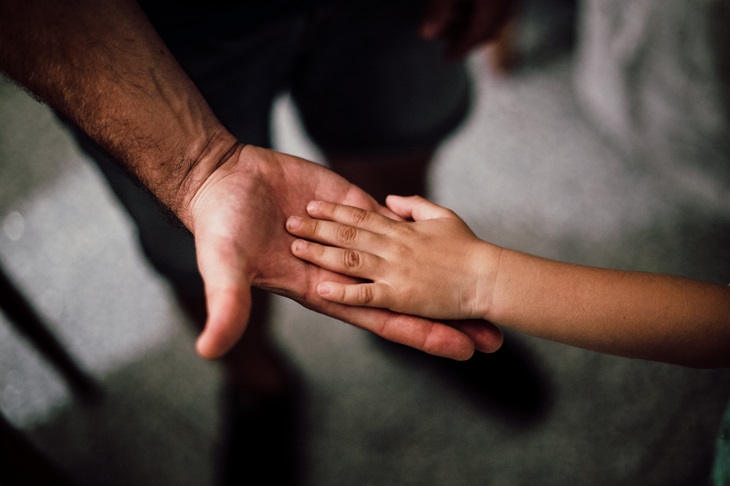The inaugural ARC conference – by Jordan Peterson and John Anderson – is proving to be the conservative answer to DAVOS. If they wanted something of a ‘Great Reset’ then Peterson and Anderson have facilitated something of a 21st Century ‘Great Awokening’.
One of the most significant academic presentations at the conference was by the Jewish social worker, psychoanalyst and author Dr Erica Komisar on why ‘Children Need a Childhood’. Komisar provocatively, but also rightly, argued that ‘there is no social fabric without healthy families’.
Komisar argues that ‘children have irreducible needs which when left unmet leave them more vulnerable to mental illness’. By the way, for those wanting a deeper analysis, the paper by Dr Komisar can be accessed here – Being There: Raising Resilient Children. In summary, though, Komisar argues that while the issue is multi-variable, there are five key factors that are needed to raise resilient children:
First, children are born neurologically fragile, not resilient. This means that they need ‘attachment security’ early on if they are going to have a foundation for future mental health. In this regard, Komisar argues that the role of mothers in particular – from ages 0-3 of their children – is absolutely vital providing a ‘critical function’. This is because the mother provides a unique biological function of regulating their child’s emotions. This buffers them from stress and provides a relational framework of safety. This is provided through their parent’s emotional and physical presence.
Second, children need their parent’s physical and emotional presence as much as possible throughout their childhood. Komisar says that adolescence – which is between 9-25 years of age – is another critical period of brain development where children are mentally vulnerable and need their parents to process experiences and feelings. In short, ‘more is more’. The more a parent is present physically and emotionally, the more resilient a child becomes later on in regards to their own mental health.
Third, children need mentally healthy parents who are self-aware, sensitive and empathic, regulate their own emotions, are resilient to stress and who do not see children as the problem. Just like being able to put on one’s own oxygen mask – in an airplane emergency – before assisting a child, parents need to develop emotional resilience themselves. This involves working through their own past losses and traumas and then take responsibility for their children’s own mental health issues. Once again, Komisar states, ‘The mental health of parents is critical to the mental health of children.’
Fourth, children need stability and community. Komisar unequivocally argues for the ideal of two loving married parents, or alternative family structure such as an extended family, including cousins, uncles, aunts, and especially grandparents. According to Komisar, this is also critical to children’s mental health. Komisar goes on to argue:
Faith-based communities also have a part to play in children’s mental health. According to a Harvard University study, children who grow up in families who attend faith-based services on a regular basis do better in terms of long-term mental health. Without community children feel untethered.
Fifth, children need a childhood where technology is regulated. Technology especially the smartphone in connection to social media, has a negative impact on children’s mental health. What’s more, smartphones, gaming and social media all have a similar impact on the developing brain. As Komisar explains:
They stimulate the pleasure centres of the brain at a time, and in such a way, which can easily lead to addiction. They create more virtual connections than real ones which isolates children from their peers and promotes a mindset of perfectionism and comparison, which is toxic. It is critical to regulate the use of technology if we want children to be healthy.
To her credit, Komisar outlines a number of different ways parents, healthcare providers, employers, lawyers, those in the media and politicians can be part of the solution. But the primary responsibility really belongs in the home.
Children need fathers and mothers who love them – as well as each other – and are committed to their own developing mental health. And while technology can be a wonderful blessing, her speech is a timely reminder that if unregulated it can also be a horrible curse.
This is why fathers in particular are commanded in the Bible to bring their children up in the training and instruction of the LORD (Eph. 6:4). Parenting is obviously a joint responsibility, but it has to be a priority. The future mental and spiritual health of our children depends on it.
Got something to add? Join the discussion and comment below.
Get 10 issues for just $10
Subscribe to The Spectator Australia today for the next 10 magazine issues, plus full online access, for just $10.


























Comments
Don't miss out
Join the conversation with other Spectator Australia readers. Subscribe to leave a comment.
SUBSCRIBEAlready a subscriber? Log in